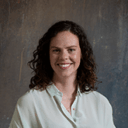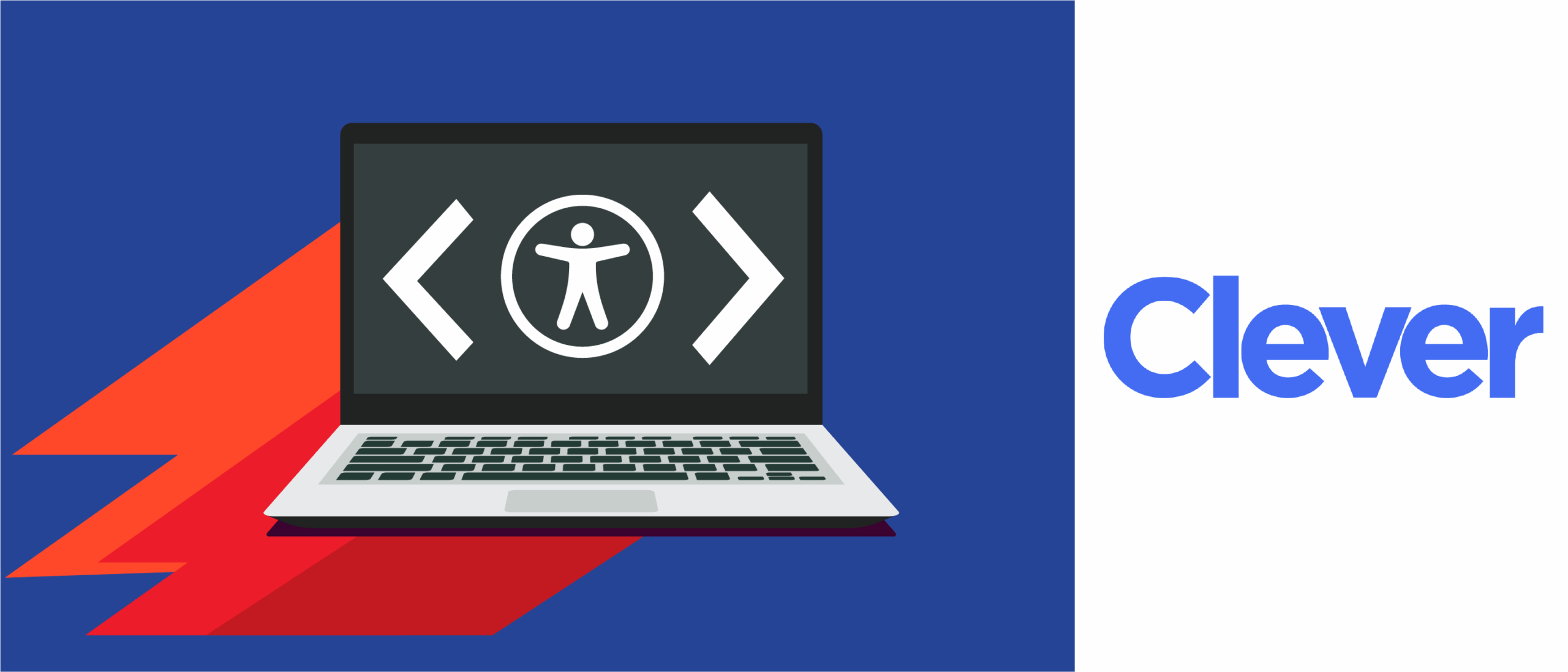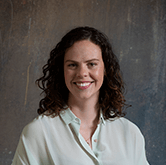Over the last decade or more, schools across the country have integrated digital tools to connect the dots between students, teachers, and parents and enrich learning experiences. Even prior to 2020 when the COVID-19 pandemic turned many classrooms completely virtual, Clever, the most widely used single sign-on platform for K–12 education, was enabling virtual classrooms for schools nationwide. Their innovative platform empowers teachers to create personalized and organized digital classrooms where students can access all the resources they need to log in and start learning.
But engaging in a virtual classroom is different for everyone, especially for those with disabilities. For students, not having proper access to their teachers, tools, or learning materials due to an unaccommodating digital classroom can negatively impact their education. Similarly, teachers and parents can struggle to support their students if the tools they’re using to connect aren’t accessible.
For Clever to unlock the world of digital learning for all of its users, taking accessibility into account is critical. We chatted with Chloe Caelynn, a Software Engineer at Clever, about how the Clever team worked with Deque to broaden their accessibility knowledge and ensure their platform can deliver on its mission of making learning smoother for students, teachers, and parents.
 Pictured: Chloe Caelynn
Pictured: Chloe Caelynn
Recognizing gaps and misconceptions
The foundation for accessibility was present at Clever from the beginning, with the team’s core mission to unlock new ways to learn for all students. However, the Clever team soon recognized the need for further education around accessible design and developing and advocating for accessibility across the board.
“There was a huge misconception that accessibility is a secondary feature. The truth is, holes in accessibility are just bugs in the code, like any other,” Caelynn said. “Unfortunately, the issues weren’t addressed as proactively or approached with the same seriousness. This ultimately left accessibility issues to be uncovered by our users, which is not the kind of experience we want.”
Caelynn knew from experience that designing for accessibility can sometimes sound challenging to accomplish, and even present a roadblock for development projects if the proper tools and systems are not in place. Although she’d done some accessibility work in the past, she felt she needed additional knowledge and resources to be able to advocate for it across the organization.
Caelynn began taking Deque University courses to understand how to raise awareness and help the team develop a culture where accessibility wasn’t just a bonus feature, but a priority. “After learning some verbiage and witnessing how little steps can make a big impact, I gained the confidence to talk about accessibility across the organization and become an evangelist for the Clever team,” she says.
Engagement through education
Through her learning experience with Deque University, Caelynn realized that accessibility was never spoken about during her computer science training or amongst her fellow engineers at the different organizations she’d been part of. She came to the conclusion that Clever’s product, design, and engineering teams needed to be aligned about accessibility from the start to easily weave it in throughout different processes.
Caelynn began sharing what she’d learned at Deque University with her colleagues, developing their own short-and-sweet guide to accessibility, which included running the axe® extension, understanding what an aria-label is, and ensuring pages are keyboard navigable.
Knowledge sharing like this has helped energize engagement across the organization. By planting the seed through sharing her own learnings, Caelynn helped accessibility audits and training at Clever become more widespread, gaining the buy-in needed to make accessibility happen. “We make time for so many other trainings. Accessibility needs to be made a priority just like upskilling in other areas,” Caelynn says.
Knowledge is power
Cross-team audits and training helped clear up the misconceptions that once held the Clever team back from tackling accessibility proactively. With a new understanding of how simple changes– like using different colors or including aria-labels– can make a big impact on students, teams across the organization have put accessibility at the forefront of their processes. “Working with Deque helps make accessibility a daily consideration, rather than something ‘extra,'” she notes. “axe DevTools helps turn what we’re learning into action items.”
Caelynn also shared that the number of accessibility issues across projects reported by users has already decreased since working with Deque and implementing accessibility best practices across the organization. But more broadly, conversations about accessibility are happening at Clever that weren’t happening before. “Seeing accessibility proactively considered in the new things we’re building is amazing,” Caelynn says. “I’m looking forward to seeing how much better we will be able to make our products going forward.” To learn more about engineering at Clever and how the engineering team is building a more inclusive culture for both students and its workforce, visit the Clever Engineering blog.


